I’m liveblogging tonight’s ThinkActChange: Ending the Asylum Seeker Debate event. Speakers include:
- Kon Karapanagiotidis, Founder & CEO – Asylum Seekers Resource Centre
- Ben Doherty, Journalist – The Guardian
- Imogen Bailey, Actress & Ambassador, The Hot Potato
- Alycia Gawthorne, Campaigner – GetUp!
- John O’Callaghan, Director of JOC Consulting
I’ve only blogged tangentially about asylum seekers (here,
here and here) but haven’t yet done a dedicated post. Will hope to have more soon but this should be a great event for those already passionate about the issue.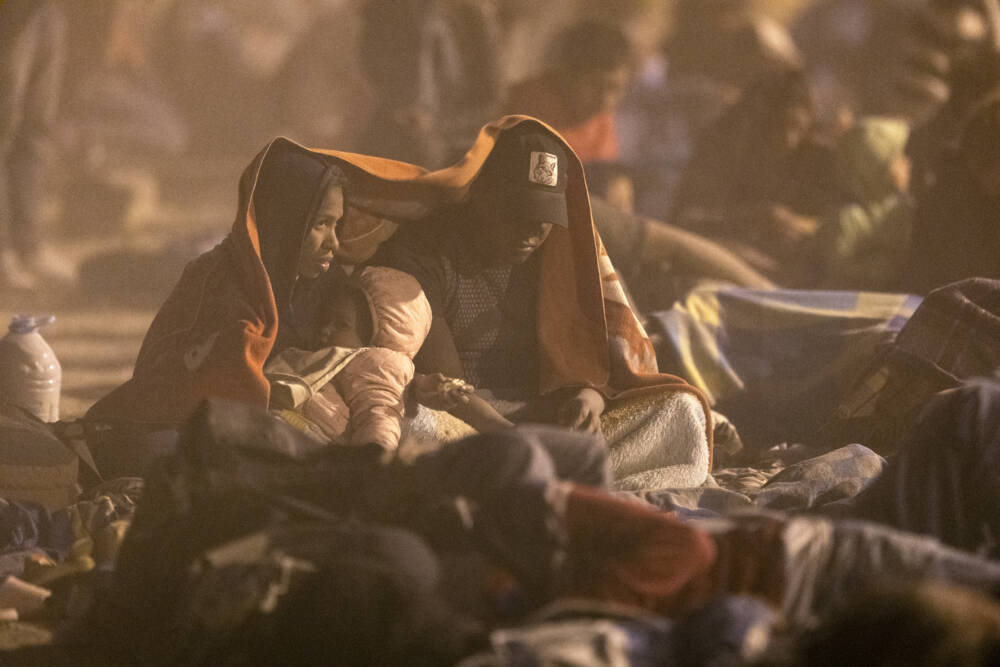
Here goes!
- Fairly white-looking crowd. [ADDED: Meaning this needs to get waaay bigger!]
- [6:40] Video from The Hot Potato starts about some people making racist statements and some basic information about the debate.
- [6:41] Founder of #ThinkActChange (about activating people’s ideas for change). Connection between mistreatment of asylum seekers and indigenous Australians.
- [6:43] Everyone has a breaking point. Hers was Abbott’s saying the human rights commission should be ashamed of itself.
- [6:45] Kon takes the mic. There cannot be justice for refugees until we stop making refugees of Australia’s first people. His parents were refugees and made to feel unwelcome in Australia, as was he. ASRC founded within 8 weeks to help refugees find homes and food. You have to start somewhere, this is the message for the public.
- [6:50] Malcolm Fraser reminded us that at our greatest, immigration shouldn’t be used for political points. 250k refugees settled in his time and they are a success story. We can imagine a [very different] Australia where people see the opportunity that refugees present, and not a burden or risk.
- [6:51] It is government policy to allow women and children to be physically and sexually abused in government facilities. Creating a greater horror than the horror people are fleeing from as a success. We are torturing refugees.
- [6:54] On Manus, we’ve killed more refugees than we’ve resettled.
- [6:54] Purpose of the no-work policy is to crush people and diminish participation in society and power. Takes away people’s ability to be a father, mother, spouse etc. Limbo and uncertainty lead to a lot of suicide. A 10 year old Iranian girl made 3 suicide attempts (eating shit, shampoo and hanging herself), was blamed for this.
- [6:58] Australia now has 30,000 refugees fighting for their lives.
- [6:58] Stop the boats = die somewhere else
- [6:59] We have billions to lock up and torture refugees but not to let them work and thrive.
- [7:00] The government has an interest in making this issue seem complicated but it’s not.
- [7:03] What if it was us? How far would we go? Who here would wait and see if the Taliban would torture them, because they saw an ad that there’s a “right way to come”?
- [7:07] This is our country, one of indigenous people and boat people. This cannot be taken.
- [7:09] Refugees [in the community] experience a mixture of grief from leaving their lives behind and relief/gratitude that Australia has taken them in.
- [7:11] We have something in us that no-one can defund: a human heart.
- [7:12] We will save all children from detention centres, close Manus and Nauru and help all 30,000 refugees in the community. Only then will we be able to have a country we can be proud of. Nothing less to settle for.
- [7:14] Let’s take back our country. Kon finishes to ovations
- [7:14] Rest of panel is introduced. There was a Transfield worker meant to be coming but she received some “pressure” about safety [so presumably is not here]. Audience member is a Transfield worker willing to share her story instead.
- [7:18] Ben reported on refugee issues from Asia (Tamils, Hazaras, Rohinjas) for Fairfax and the Guardian, currently immigration reporter for Guardian Australia. Imogen was involved in Go Back To Where You Came From. Alycia is from Getup. Audience member from Transfield joins the stage
- [7:25] Q: How can we change the dehumanised narrative about asylum seekers? Ben: semantics is crucial here at influencing people’s approach. ‘Asylum seekers’ and ‘boat people’ have been replaced with ‘illegals’. Framing it as border protection/national security instead of immigration.
- [7:27] Q: What has changed people’s minds? Imogen: People are more open once they understand the humanitarian background of what people are fleeing. Narrative shift from the ‘illegal’/law-breaking aspect to human rights has seemed to be working.
- [7:29] Q: What are some things people can do in terms of civil disobedience? Alycia: Lists existing organisations. Protests on planes. Kon: We should talk about what refugees are and NOT what they’re not. So we’re not on the defensive. They are families, human rights defenders, heroes, make the country smarter, funnier, more successful etc. Don’t think about how will I figure it out, more about ‘how do I practice my values’.
- [7:35] Tina (Transfield employee) introduces herself. She has a barrister with her because she has gag orders. Has spent time before working with multicultural groups in conflict areas. Had to leave Manus for her own mental health. She’s had guns pointed at her in Cambodia but hasn’t witnessed anything like Manus.
- [7:38] Q: Can you share your experiences? Tina: Outdated food, Panadol and water are problems. Not much more medicine. Her student was pissing blood (kidney failure) but was getting Panadol and water. She illegally brought him rehydrating capsules. Self-harm is very common.
- [7:41] Q: Are people losing the sense of hope? Tina: Yes, this is deliberately. People are told you will never be settled in Australia. Australian government is technically operating in Manus under the PNG constitution so they can palm off any problems to PNG, not a bastion of democracy. Lawyers have not been allowed to see clients. A lawyer has obtained access and has started pushing the PNG constitution to protect the asylum seekers.
- [7:44] Kon: If it was easy we’d be winning now. We’ve had 18 years of Australia’s heart being poisoned against refugees. We are starting a new research campaign about messaging but we can only win this together. Write to someone in detention, do something sweet for someone, just do something.
- [7:47] Ben: How do we expand this beyond the people already engaged in this debate (ie. people here tonight)? People are dug into their trenches, the middle is unseized.
- [7:50] Q: How can we change the minds of entrenched people? Tina: It’s ignorance. Australians don’t understand borders and are insular from the problems of the world (eg. Sri Lanka is a beautiful country, ignoring the war etc). Ignorance is a disease. Tina remembers the White Australia policy and it doesn’t take much to find racism underneath.
- [7:53] Kon: We can fill Melbourne Town Hall (2000 seats) on the volunteer information night. This movement is taking off. We’re a minority of millions. There’s a racist part of the country but most people are reasonably good and they will need to see their values reflected in refugees for things to move forward. They need to see the well-being of refugees intertwined with the well-being and future of our country. This must be also led by refugees, because for example there are no refugees here tonight. We need to invest more into refugee voices.
- [7:56] Imogen: Balance it out. Do some campaigning and balance it out with something like having a refugee over for dinner.
- [7:58] Q: What are GetUp doing to get the voice of the UN heard? Alycia: The people who need to hear this don’t care what the UN has to say. There’s a problem in the left framing this as a charity issue and highlighting the vulnerability of asylum seekers because people will then see them as a burden. But just meeting asylum seekers will get people to realise that “they” are just like “us”. Her parents are on the other side of the “debate” but they met someone and took care of them because they were their neighbour. Not illegals and queue-jumpers, not vulnerable people to help but fully human, complex people.
- [8:01] Floor open for general questions
- [8:02] Q: I’ve been a refugee activist for 16 years too long. Is there any point in lobbying the people who are causing the problem, helping them get their Frankenstein back in the box? Kon: Yes since we’ve won many fights before. How much worse would the situation be if we weren’t there to fight? Apparently majority of cross-bench senators are on the side of refugees, listening and taking direction. They know the government is lying to them, they’re not career politicians and have values. Labour shadow immigration minister visited the ASRC and wants to find common ground. You’ll never hear from Abbott that there’s action happening so don’t believe them.
- [8:06] Q: How do Australian aid cuts impact this? Tina: asylum seeker project is considered an aid project and meant to be transparent. Kon: 10 children in Nauru funds the ASRC for a year. Cutting foreign aid predictably increases refugees for generations. We are not a one-issue community, we need to align on women’s issues, climate change, indigenous issues and asylum seekers. Ben: Australia’s policies have distorted our relationship with the region and our international standing (eg. our relationship with the Sri Lanka government).
- [8:10] Q: How do we avoid this becoming adversarial, since you can’t change minds by telling someone they’re an idiot? Imogen: Frame this as a “human rights for all” issue since this affects everyone. Kon: Don’t talk down to people. Ask if they’ve met a refugee, etc. Tell me about your family. How would you act? Don’t tell people they should care, show them they should care. Bad idea to put membership in social circles, whether they’re racist or not etc on the line.
- [8:16] Q: As a young lawyer, how can I create change in the legal space since human rights law is so non-binding? Or maybe grassroots change over political change? A: Do all the things. Kon: Laws that have been through the senate won’t necessarily stand up to scrutiny by the High Court.
- [8:19] Q: How do I find people in the Labor party who are worth lobbying, writing to who might have their minds changed? A: A list will be prepared. Kon: Write to the cross-bench senators. Alycia: Labor thought they would lose the election unless they changed their policies (ie. the PNG “solution”). But this means they are looking at polling since the policy itself costs Australia so much. It’s up to us to put the people in ALP’s marginal electorates and make it clear that a more humane policy will do well and they’ll have something to lose. We have to make people afraid to lose their seat.
- [8:25] Final comments. Ben: Speak up wherever this issue can be spoken about. Imogen: Find the balance between campaigning and interacting with asylum seekers. Kon: Donate, advocate, participate. Tina: Australia has lost compassion and love, we want to find it again. After WWII the term was a ‘new Australian’.
- [8:29] Next, we have a brainstorming session. I’m finishing up the liveblog, will report back on outcomes in a future post!
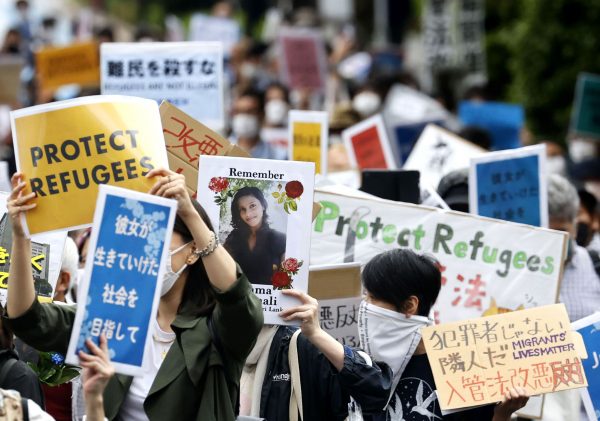


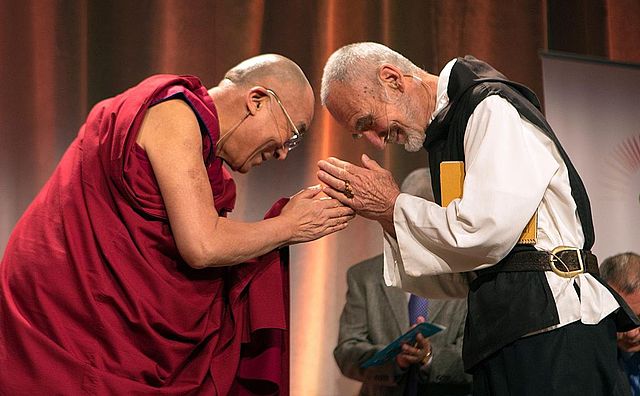
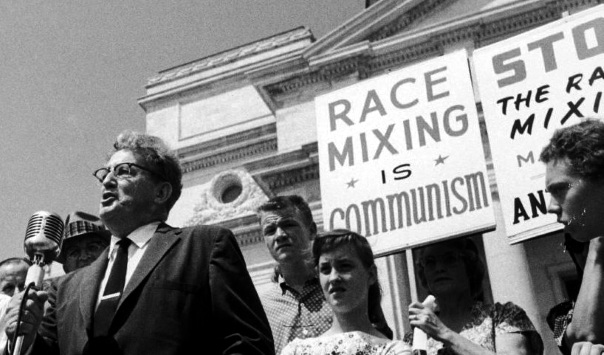
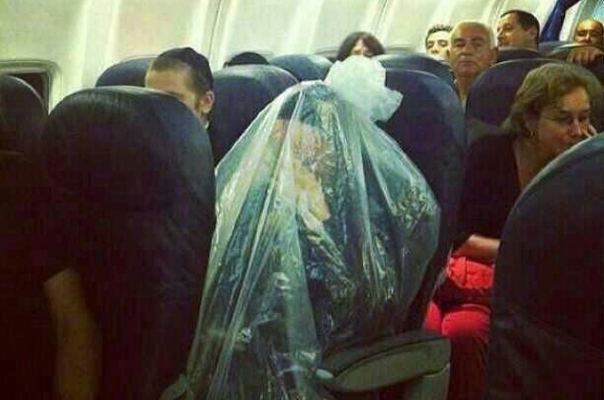
0 Comments